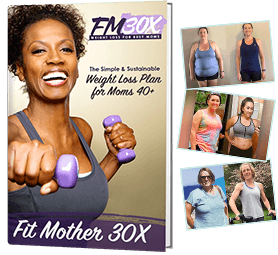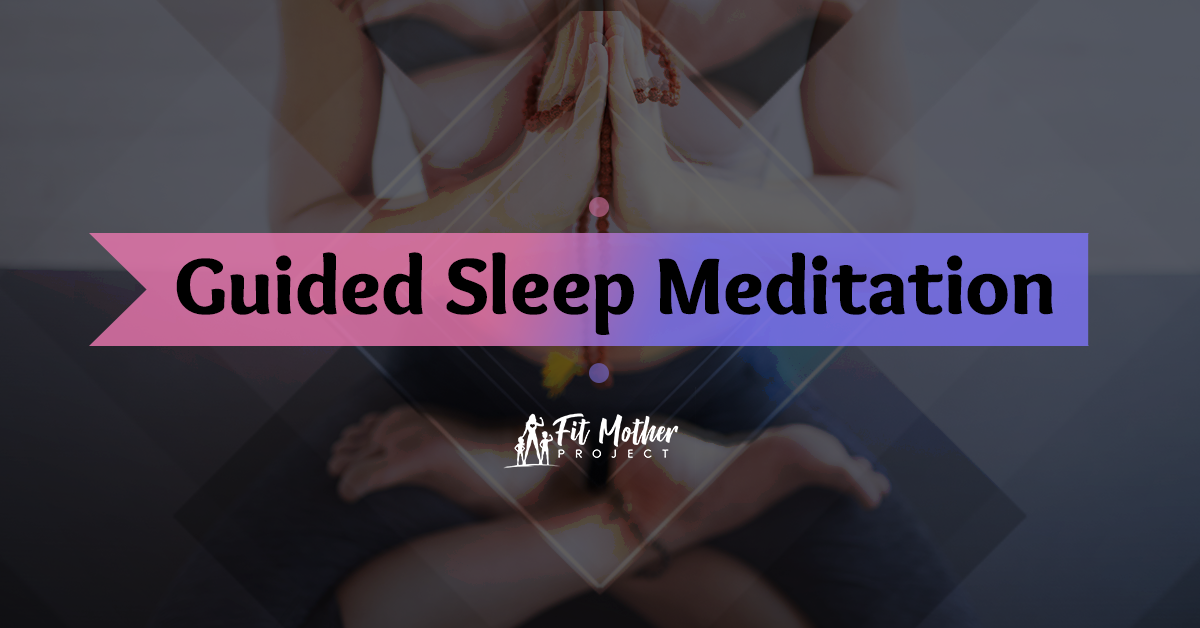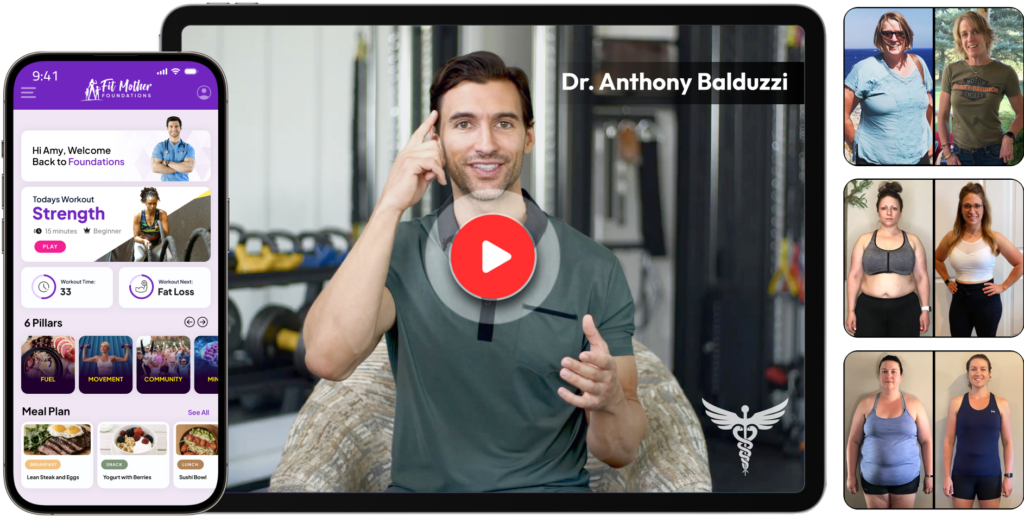Guided sleep meditation is one of the best ways to improve sleep quality, maintain a slim figure, and optimize overall health and quality of life.
If you’ve never tried guided sleep meditation, now is the time, especially if you’re isolated, stressed, anxious, or overweight.
This relaxation technique offers numerous physical and psychological health benefits.
Knowing how to get started and ways to properly complete guided sleep meditation can change your life!
Try these 5 unusual sleep hacks if you have trouble falling asleep at night!
What Is Guided Sleep Meditation?
Getting a good night’s sleep is more important than you may think. Studies show that sleep deprivation can alter hormone levels, contribute to weight gain, increase your risk of diseases, and diminish cognitive functioning.
Guided sleep meditation helps you relax and fall asleep. It can relieve stress, anxiety, and even depression in some cases.
If you struggle to get a good night’s sleep, consider trying this unique relaxation method. Guided sleep meditation uses comforting music, relaxing or inspirational words, stories, or even comforting sounds you can listen to while you fall asleep.
Find out why sleep is so important and how getting enough quality sleep can help you lose weight.
Benefits of Guided Sleep Meditation
Guided sleep meditation can offer you numerous physical and psychological health benefits.
Better Cognitive Functioning
Research shows that sleep deprivation is associated with poor cognitive functioning, which is problematic for work, school, parenting, and other everyday tasks. Guided sleep meditation can improve sleep quality, mental functioning throughout the day, and overall health and quality of life. It helps you wake up feeling refreshed instead of groggy.
A Lower Risk of Accidents
Getting a good night's sleep is crucial to optimize functioning in the workplace and at home, as daytime sleepiness increases your risk of automobile crashes, falls, and other accidents. Sleep deficiency is problematic if you make important work decisions, operate heavy machinery or vehicles, or work as a healthcare professional or first responder.
Reduced Chronic Disease Risks
Guided sleep meditation can indirectly reduce chronic disease risks. Studies show adequate sleep reduces the risk of numerous diseases and their risk factors, such as high blood pressure, high cholesterol, type 2 diabetes, heart problems, certain cancers, and more. The Centers for Disease Control and Prevention (CDC) recommends adults get 7-9 hours of high-quality sleep each night to optimize health and reduce the risk of medical problems.
Less Stress and Anxiety
Guided sleep meditation is a well-known stress reliever and an anxiety reducer. If you feel stressed or anxious about your job, interpersonal relationships, money, isolation, or other problems, guided sleep meditation might be the solution. It may even help you avoid taking certain medications commonly used for anxiety, depression, or other mental health conditions.
Decreases in Depression
Depression is a common mental health disorder, affecting nearly 1 in 12 adults in the U.S. Chronic sadness can affect sleeping patterns, causing you to sleep too much or too little. Guided sleep meditation and better sleep quality can boost your mood, improving your overall mental health and well-being.
A Lower Body Mass Index (BMI)
Whether sleep deprivation, stress, depression, or anxiety increases your appetite or daily calorie intake, emotional eating is problematic. It can lead to unwanted weight gain, overweight, and obesity.
Getting too little sleep or suffering from chronic stress can alter the hormones in your body responsible for appetite control. This can result in emotional eating and increases in hunger.
Studies show that chronic sleep deprivation (less than 7 hours per night) is linked with higher body mass indexes (BMIs) and an increased risk of obesity. Guided sleep meditation helps you fall asleep and stay asleep, and it will help to make healthy weight maintenance easier.
Try this simple technique to fall asleep and relax your mind before bed!
How Can I Begin Guided Sleep Meditation?
The best way to get started with guided sleep meditation is to look for apps that match your needs and preferences or try free guided sleep meditation videos online. Examples of meditation apps that can relax you and boost sleep quality include:
Experiment with multiple sleep meditation apps or stick with a favorite one that works. Listen to it after you lie down in bed each night. Focus on the relaxing sounds, music, or words used during meditation to fall asleep faster and sleep deeply.
Ensure your bedroom is a cool, calm, quiet environment, and lay comfortably in your bed. Put other thoughts, stressors, fear, and worry aside and focus on meditation.
Your program might include soothing stories or words, relaxing music, restful sounds, or even white noise. Get into the right mindset and focus on what you hear. Think relaxing thoughts and take slow, deep breaths to clear your head.
Additional Tips for a Good Night’s Sleep
Stress relief is one way to optimize sleep and improve overall health and quality of life. Consider the following tips and tricks to help you fall and stay asleep without interruption:
Sleep in a Cool, Dark, Quiet Room
Make sure your bedroom is cool, dark, and quiet. The National Sleep Foundation recommends setting your room temperature at 60-67 degrees Fahrenheit to achieve optimal sleep. Keep your room dark by using blinds, shades, or curtains. If you're a light sleeper, consider a white noise machine. It helps block out outside sounds and keeps you in a deep sleep for as long as possible.
Set a Regular Bedtime
Develop a regular bedtime routine to keep your body clock in check. Set a regular bedtime based on your lifestyle and preferences, and stick with it. Go to bed at the same time each night whenever possible, and allow yourself at least 7 hours of uninterrupted sleep. If this isn't possible, schedule naps throughout the day to ensure your body gets the sleep it needs to function properly.
Exercise, But Not Late at Night
Regular exercise can optimize sleep quality, but avoid late-night workouts. Set aside time to exercise in the morning, afternoon, or even evening, as long as it's not right before bed. Do something relaxing and low-key before you head to bed and begin guided sleep meditation for a better night's sleep.
Avoid Screen Time Before Bed
Right before you lie down for bed, you should avoid viewing television screens, computer screens, phones, tablets, or other electronic devices that emit blue light. Studies show that blue light exposure in the evening suppresses melatonin, which can reduce sleep quality. Instead, try a warm shower, bath, massage, or reading a book before beginning your nightly guided sleep meditation routine.
Don't Go to Bed Hungry or Very Full
You might notice that going to bed on an empty stomach or trying to sleep after overeating makes it difficult to fall and stay asleep. If you feel hungry, consider having a light snack before bed, such as protein bars, protein shakes, fruit, nuts, or seeds. Avoid sweets, other forms of added sugar, and caffeinated drinks.
Avoid Caffeine, Alcohol, and Smoking before Bed
You probably already know that caffeine before bed can keep you awake and/or disrupt a good night's sleep. Avoid coffee, tea, soda, and other caffeinated beverages late in the day. Additionally, steer clear of alcohol right before bed whenever possible.
While drinking alcohol can make you drowsy and help you fall asleep, the National Sleep Foundation notes that alcohol appears to diminish sleep quality and can cause unnecessary trips to the bathroom in the middle of the night.
Studies show that smoking is also associated with poor sleep quality and sleep disruptions. If you're a smoker, consider quitting to get a better night's sleep and reduce your risk of cancer and other chronic health problems.
Maintain a Healthy Weight
Obesity is linked with poor sleep for several reasons. Sleep deprivation may contribute to obesity because of hormone fluctuations and increases in hunger.
Furthermore, obesity appears to increase your risk of sleep apnea and other sleeping disorders. Maintaining an ideal weight with a nutritious diet, regular exercise, and other healthy habits is the best way to optimize sleep quality and reduce your risk of chronic diseases.
Let us show you how you can start losing weight this week! We'll email you our free meal plan & workout + email coaching.GET YOUR FREE
“FIT MOM” JUMPSTART
(MEAL PLAN + WORKOUT)
Erin Coleman is a registered and licensed dietitian with over 15 years of freelance writing experience. She graduated with her Bachelor of Science degree in nutritional science from the University of Wisconsin-Madison, and completed her dietetic internship at Viterbo University in La Crosse, Wisconsin. Prior to beginning her career in medical content writing, Erin worked as Health Educator for the University of Wisconsin-Madison Department of Internal Medicine. Her published work appears on hundreds of health and fitness websites, and she’s currently working on publishing her first book! Erin is a wife, and a Mom to two beautiful children.
Fit Mother Project is the answer you’ve been looking for. Inside the program, you’ll receive: Our Fit Mother 30X Program (FM30X) is the answer you’ve been looking for. Inside FM30X, you’ll receive: The FOUNDATIONS Program is created by Dr. Anthony Balduzzi for Women 40+ who want Lifelong Health. In just 6-Weeks following FOUNDATIONS, you'll experience: FOUNDATIONS has transformed 60,000 lives! Are you ready to experience true lasting health & results?If you’re a busy mom who wants to finally lose weight,
get healthy, and actually keep the pounds off for good,
this is the simple program you’ll love sticking to…
If you’re a busy mom who wants to finally lose weight,
get healthy, and actually keep the pounds off for good,
this is the simple program you’ll love sticking to…
LEARN MORE ABOUT FM30X »

Learn More About FM30X

Join our 6-Week Doctor Designed Health Program.
You'll Gain Foundational Health for the Rest of Life.
*Please know that weight loss results & health changes/improvements vary from individual to individual; you may not achieve similar results. Always consult with your doctor before making health decisions. This is not medical advice – simply very well-researched info on guided sleep meditation.











